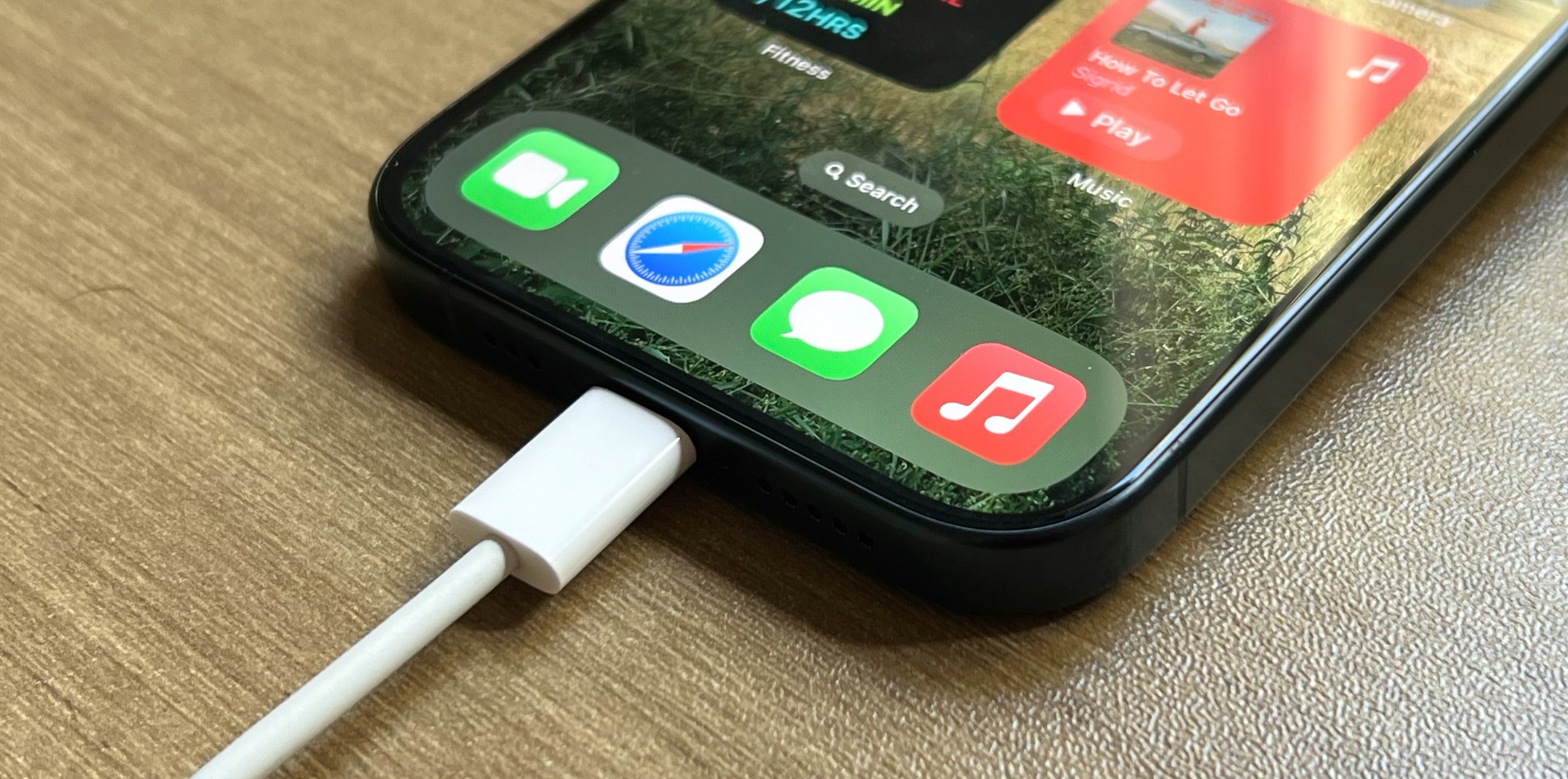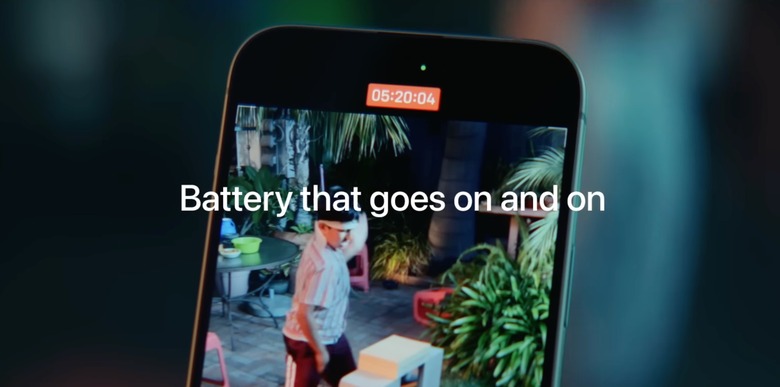iPhone 15 Plus Class-Leading Battery Life Is The Focus Of Apple's New Ad
Apple is once again highlighting the excellent battery life of the iPhone 15 Plus in its latest ad. Published on its YouTube channel, the company shows an older man recording a kid trying to break a wood plank with his hand. While he can't do it on the first try, he keeps trying and trying and trying.
The ad is fast-forwarded, and the child is still trying to break the wood plank after five hours. With that, Apple added its "Battery goes on and on" message before the "Relax, it's iPhone 15 Plus" brand. On the YouTube channel, here's how Apple describes the ad:
"Looooong lasting battery for relentless moments. Relax, it's iPhone 15 Plus."
Song title: "How Many Times" by JJ & The Mood
Interestingly, this is the second time in a month that Apple has promoted the class-leading battery life of the iPhone 15 Plus. On Christmas Eve, Apple aired an iPhone 15 Plus commercial about the same subject. Apple's ad featured an electrical outlet that comes to life to sing Doe Boy's Way Too Long as an iPhone 15 Plus owner uses the phone around the house. The song choice is hilarious, perfectly matching the iPhone 15 Plus battery experience.

Unfortunately, iPhone 15 Pro users can't say the same. Personally, I've been charging it twice daily. At first, I convinced myself that it was a result of Apple indexing my new phone, but days became weeks, then months, and the battery was still subpar.
I don't know — it might just be me, or it might be my specific iPhone 15 Pro. Either way, I'm disappointed that Apple can't give the Pro model the same impressive battery life as the Plus, even with new charging features exclusive to the iPhone 15 lineup.
My colleague Chris Smith shared several tips and tricks to improve the iPhone's battery life, but if I have to start turning off ProMotion and the Always-On Display, I might as well buy an iPhone 15 Plus with a 60Hz panel and no third camera.
Below, you can watch the new ad.
